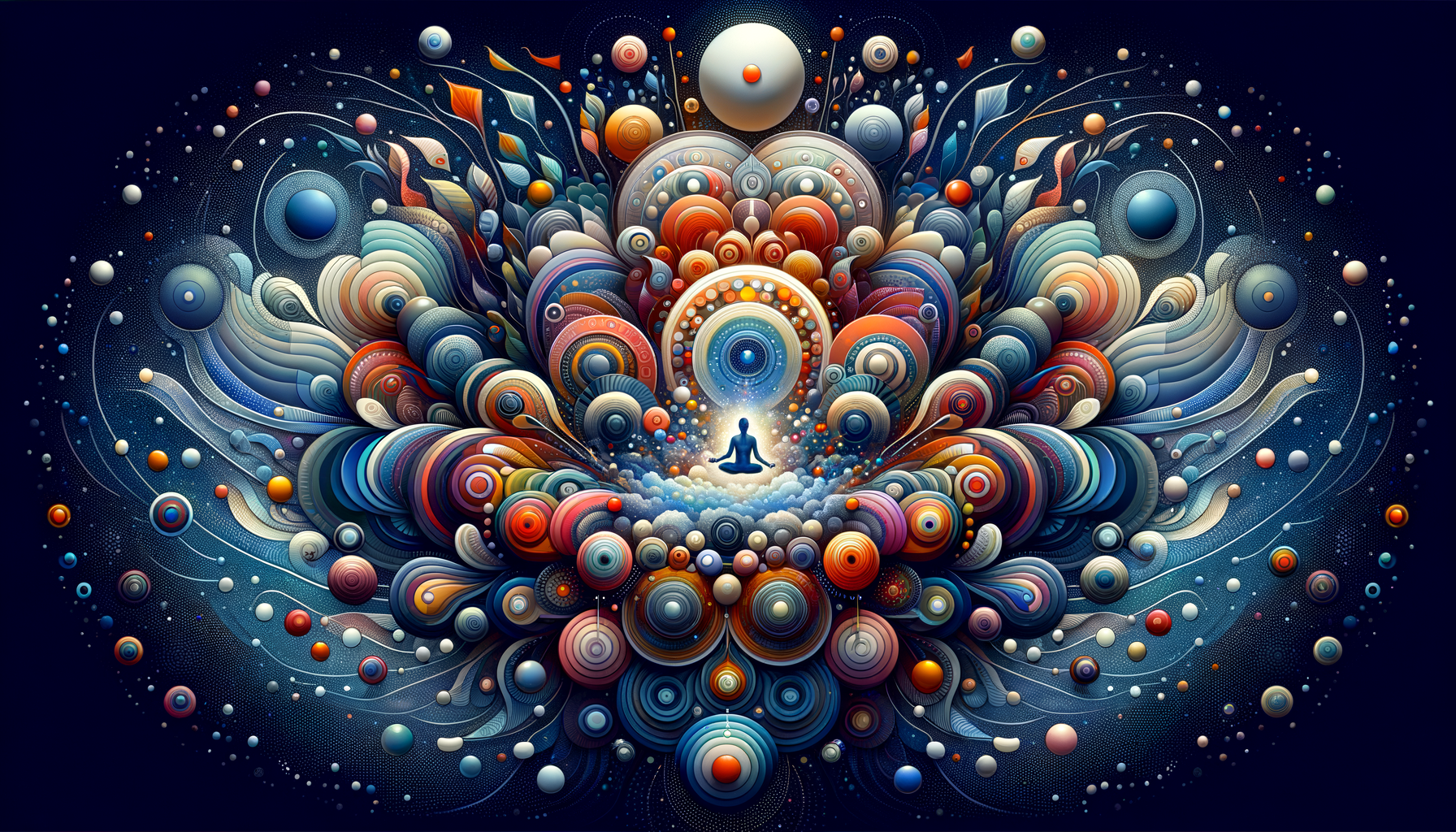The Hook That Caught Me
Before I tell you about the book that changed my life, let me paint a quick picture for you. I was in my twenties, lugging around a baggage claim’s worth of romantic misadventures. Picture a romcom montage gone wildly off-script: the “let’s just see where this goes” situationships that went nowhere; the teary post-breakup snacks on my couch where Ben & Jerry were the only reliable men in my life; and a spiraling obsession with analyzing text messages like a complex Sudoku puzzle. I wasn’t lost exactly, but I was probably walking in gently confused circles.
And then came “The Mastery of Love” by Don Miguel Ruiz, sneaking into my hands by way of a recommendation from a friend who always seemed to radiate inner peace. I thought, “Sure, why not?” never imagining that what was inside would not only shift my view on love but recalibrate the way I viewed myself. It was less like a book and more like a mirror that kindly—yet unmistakably—showed me that love wasn’t my problem. I was.
Chapter One: A Love Wake-Up Call
“The Mastery of Love” isn’t just one book. It’s a relationship therapist, a spiritual guide, and a brutally honest friend who spells out what you’ve been trying to avoid in highlighted, bold-faced letters. The premise? Most of us approach love as if it’s an external force we need to seek, beg for, or manipulate to stay. Spoiler: It’s not. According to Ruiz, love starts within—you’re the source. You handle it. You nurture it. You own it.
Sounds simple, right? Except I realized most of my romantic history was the opposite of that wisdom. I mean, let’s be real—who hasn’t gotten stuck in the trap of assigning someone else the starring role in their happiness? I’d spent years treating love like it was an escape room, where solving puzzles (often for someone else’s benefit) would let me earn emotional closeness. Cue the revelation that left me blinking, stunned: I didn’t need to earn love. I was love.
Oh, and shout out to the chapter on the “parasite of fear” for calling out insecurity like it was wearing a neon vest. Ruiz doesn’t pull punches in explaining how fear—of being alone, of rejection, of losing someone—turns relationships into transactional negotiations rather than mutual expressions of joy. If relationships were investments, my portfolio would’ve screamed “high risk, low returns.” I found myself underlining passages with the ferocity of someone seeing their emotional laundry aired for the first time (in papyrus font, no less).
The “Aha!” Moments That Slapped Sense into Me
One of my favorite analogies Ruiz uses is this: Imagine you’re a magical kitchen filled with every delectable food you could ever dream of. You don’t need to beg anyone for crumbs because your abundance is endless. Translation? You don’t need external validation or romantic trinkets to prove your worth. You’re already enough, sustainably self-sufficient.
Now, had I heard this before? Sure. But what made it stick was how Ruiz breaks it down. He asks: “If someone walks into your metaphorical kitchen and says, ‘I’ll give you a slice of pizza if you let me control your life,’ would you accept the deal? Or would you be like, ‘I’m good, thanks, I’ve got a whole pizza oven right here’?”
Let me tell you something. Past me was out here handing over the keys to my kitchen for lukewarm pizza crusts and a few measly breadsticks. Worse, I’d convince myself that this was gourmet dining because I was too disconnected from my own worth to realize otherwise. Ouch, right? But realizing I had the power to set the menu in my life was transformative. I stopped settling for stale crumbs—and people who offered them.
Dating, Heal Thyself
Now before anyone assumes this is a story about flouncing dramatically toward a life of singleness and self-love retreats in Bali—don’t worry, it’s not. Relationships didn’t end for me. They evolved because I did.
Ruiz’s central idea of “the perfect relationship” rests on one simple rule: Two people need to accept and love each other as they are. Not as they might be with enough changes. Not as future projects to tweak or fix. Just as is. Does that mean you throw non-negotiables like mutual respect or basic hygiene out the window? Obviously not. It means you stop seeking partners like you’re assembling them in a Build-A-Bae workshop. Conversely, you stop letting others try to overhaul your entire operating system.
This philosophy led me to ask myself tougher questions about how I approached partnerships. Was this relationship rooted in shared values or in fear? Was I pouring energy into someone from a place of genuine love or because I wanted them to “complete” me? Take it from me: You can avoid a lot of unnecessary heartbreak when you stop dating from a place of emotional depletion and start dating like someone who knows their worth.
Big Lessons, Small Actions
Here’s the thing no one tells you about life-changing books: They’re only as powerful as what you do with the lessons they teach. Reading Ruiz lit a fire, but I had to tend that flame myself. Here are a few handy takeaways I’ve adopted (feel free to borrow them like you do your friend’s Netflix password):
- Stop over-apologizing: Someone doesn’t like you? Not your problem. Someone doesn’t text back? Down a bottle of chilled water (hydrate!) and move on. Your value isn’t dependent on someone’s acknowledgment of it.
- Do an emotional inventory: Are you the partner who breathes life into a relationship or the one draining it dry with your unresolved baggage? Sit with your answer. (Hint: Therapy helps!)
- Say “no” more often: Boundaries aren’t just trendy in self-help books—they’re essential. Saying “no” to situations or people who don’t serve your happiness makes space for ones that might just blow your mind.
- Love freely, not fearfully: When you work on yourself, love stops feeling like you’re walking blindfolded through a minefield. Instead, it feels like a walk through a garden where you’re free to admire the flowers.
The Happily-Ever-Now
It’s fitting that a book about mastering love became an act of love in itself. Ruiz doesn’t promise shortcuts to relationship bliss—and thank goodness, because we all know love isn’t a romcom montage. It’s work. Real, everyday, imperfect, often messy work done by two people who have done their own work first. That’s what makes the bond real.
For me, “The Mastery of Love” was less an instruction manual and more an emotional GPS, rerouting me back to myself again and again. So if you’re out there, tossing breadcrumbs to people who don’t deserve a seat at your table—or worse, skipping meals yourself—this is your sign to stop. You’ve been the whole feast this entire time. You’ve just got to believe it.
So, what book might you read next that could chance bringing clarity, joy, or self-discovery? If this is your moment—trust me, the feast is worth it.




















